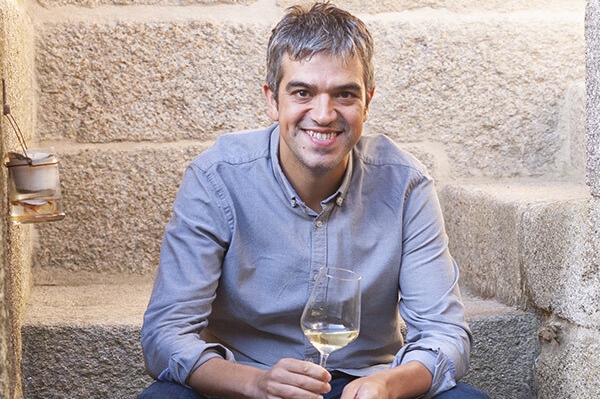Rethinking Wine Service – Four Questions to Ferran Centelles
Ferran Centelles was the head sommelier for El Bulli, Spain, the internationally famous restaurant that closed in 2011. He now runs the wine department of the elBullifoundation, a project by Ferran Adrià that continues El Bulli‘s legacy. Actively researching consumers motivations and behaviours has led Ferran to believe that the best way for a restaurant to make up for a lack of sommeliers is to change the way sommeliers are trained.
ARENI:
Why do we need to re-think wine service?
Ferran Centelles:
Today, going to the restaurant is about experience. Top restaurants are moving from something that was quite formal and codified to exploring other ways to offer this dining experience. And this includes the way we talk about the wine.
Waiters today can show more of their personality; they still need to be super professional, but they should show more of who they are. The service needs to open on an emotional level, something we couldn’t do 30 years ago.
ARENI:
How different should the role of sommelier be?
Ferran Centelles:
Sommeliers today provide information: where the wine comes from, the grape variety, how it is made. They recite facts that not a lot of customers care about, and if they do, information is everywhere. They don’t need a sommelier to access it. We have a role behind serving: if I’m serving you today, then the wine should taste better for you. My role is to improve your olfactory perception of the wine.
ARENI:
How do we do that?
Ferran Centelles:
We need to talk about the neuroscience of service, and how to attract the guest’s attention to enhance their perception. We need to change our speech from informative to interesting, and that requires psychology knowledge and a different approach to communication.
Communication is preparation, you need to prepare your speech before going over a table, and this is something that we rarely do.
ARENI:
Can you give us an example of this new kind of language?
Ferran Centelles:
I can provide you a glass of Rioja and tell you that it is a Rioja Classico with 12 months of American oak, and that is why it has this kind of vanilla character. Or I can bring the same bottle to you, look you in the eyes and say “you have to taste this wine because that’s how Spain tastes”, or “I recommend this wine because you can’t have anything more Spanish than that”.
The first way of approaching a customer is informative, the second way gives them a reason to taste the wine. Recommendation is information and persuasion. You need to excite the customer, and you excite no one if you are only providing technical information.
On the same topic:
- The Future of Hospitality and its Leadership – In Conversation with Marc Almert
- Re-Inventing Restaurants, Re-Thinking Wine lists
The ARENI Global In Conversation series showcases some of the world’s most interesting speakers and issues.
Our research, publications and events are only possible thanks to people like you. If you have the capacity to do so, please consider becoming a member.

